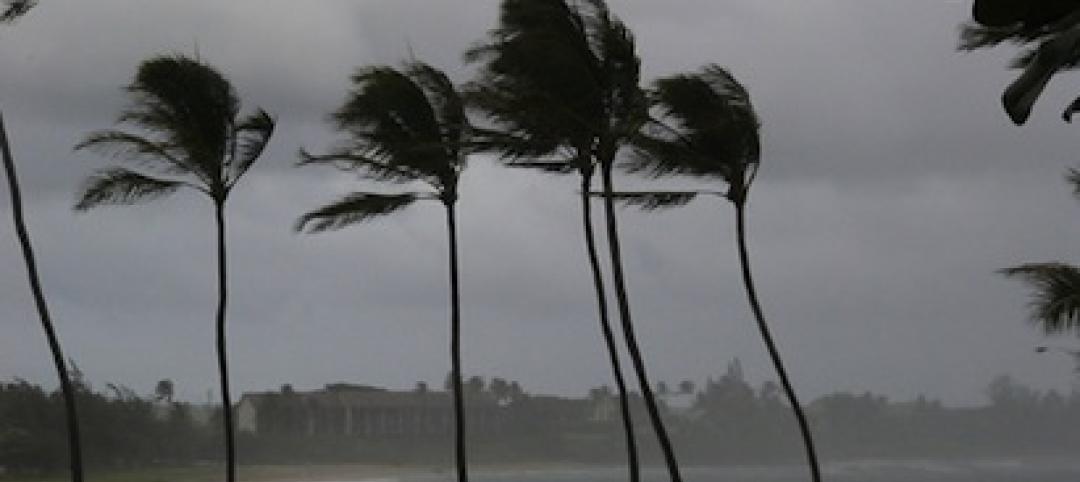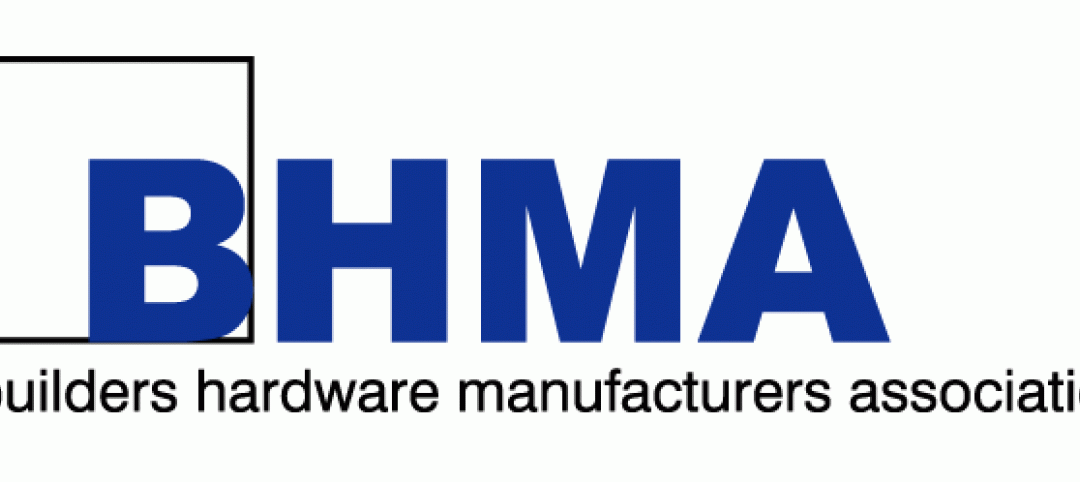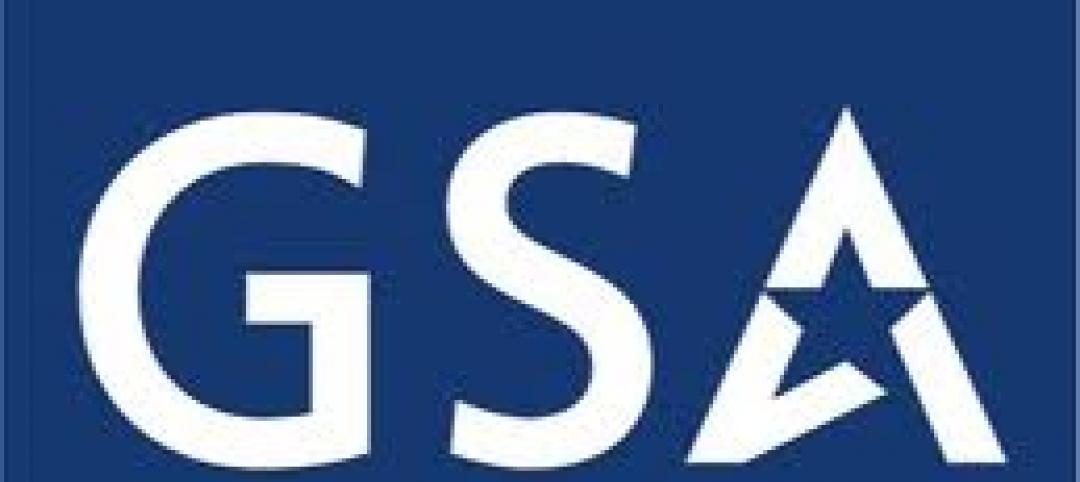OSHA’s proposal to beef up regulations on workers’ exposure to silica dust is generating a lot of controversy. The agency says current rules are outdated, difficult to understand, and inconsistent across industries.
Introduced in August 2013, the proposal would lower allowable levels of crystalline silica in all workplaces, standardize how the dust is calculated, and require medical monitoring for employees exposed to high levels.
OSHA estimates that 688 deaths and 1,585 silica-related illnesses would be prevented every year under the new rules. Opponents charge that the stricter regulations cost too much for the potential benefits. Joseph Brennan, a Cleveland attorney quoted in Crain’s Cleveland Business, said that since 1968, the rate of lung diseases related to silica has dropped by 90%. He indicated that stronger enforcement of existing rules might be a better way for OSHA to handle the issue.
Fred Hubbard Sr., secretary treasurer for the Ohio-Kentucky Administrative District Council of Bricklayers and Allied Craftworkers, said OSHA seems to concentrate enforcement on only the biggest contractors. If a measure is going to impose a lot of costs onto work sites, it should be enforced across the board, he said. The union does support OSHA’s proposed stricter regulations, though.
OSHA has received about 2,000 comments on the proposal. The agency wrapped up public hearings on April 4. No timeline has been released, but OSHA’s final decision could be at least two years away.
(http://www.crainscleveland.com/article/20140413/SUB1/304139997/osha-proposal-is-causing-a-bit-of-a-dustup)
Related Stories
| Jan 31, 2013
Proposed ASHRAE legionellosis prevention standard open for third public comment
Changes to a proposed ASHRAE legionellosis prevention standard associated with building water systems are open for public comment.
| Jan 31, 2013
More severe wind storms should prompt nationwide reexamination of building codes, says insurance expert
The increased number and severity of storms with high winds nationally should prompt a reexamination of building codes in every community, says Mory Katz, vice president, Verisk Insurance Solutions Commercial Property, Jersey City, N.J.
| Jan 31, 2013
California Building Standards Commission adopts 2013 code update
The California Building Standards Commission adopted the new 2013 state standards code that includes new energy code provisions, accessibility standards, green building and water use modifications.
| Jan 25, 2013
D.C. authority wants to halt sewer tunnel projects while investigating green stormwater alternatives
The District of Columbia Water and Sewer Authority has proposed suspending a tunnel-building project.
| Jan 25, 2013
Energy modeling needed to overcome ‘plug load problem’ to meet high green standards
Plug loads illustrate how much end-users impact overall building energy use.
| Jan 25, 2013
ASHRAE publishes revised filtration standard, combines Standard 52.1 and 52.2
A newly revised filtration standard from ASHRAE combines two standards aimed at improving the technical accuracy of filter testing.
| Jan 25, 2013
AISC 206-13 standard for structural steel erectors available for review
AISC 206-13, a quality management system standard for structural steel erectors, is now available for public review.
| Jan 25, 2013
Builders Hardware Manufacturers Assn. revises five ANSI hardware standards
The Builders Hardware Manufacturers Association (BHMA) has released five revisions to ANSI/BHMA standards recently been approved by ANSI (American National Standards Institute).
| Jan 16, 2013
Pentagon plans huge spending cuts, including construction funds, amid budget deadlock fears
Defense Secretary Leon Panetta has ordered cuts to military spending as a precaution in case the White House and Congress fail to agree to avert $52 billion in cuts to the Pentagon budget this year.
| Jan 16, 2013
GSA's Green Proving Ground program pushes energy efficiency
The General Services Administration, which manages a portfolio of almost 10,000 buildings, is using the Green Proving Ground program to test technological advances in energy efficiency.













